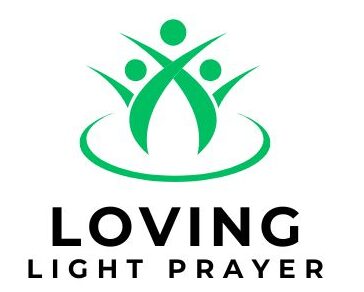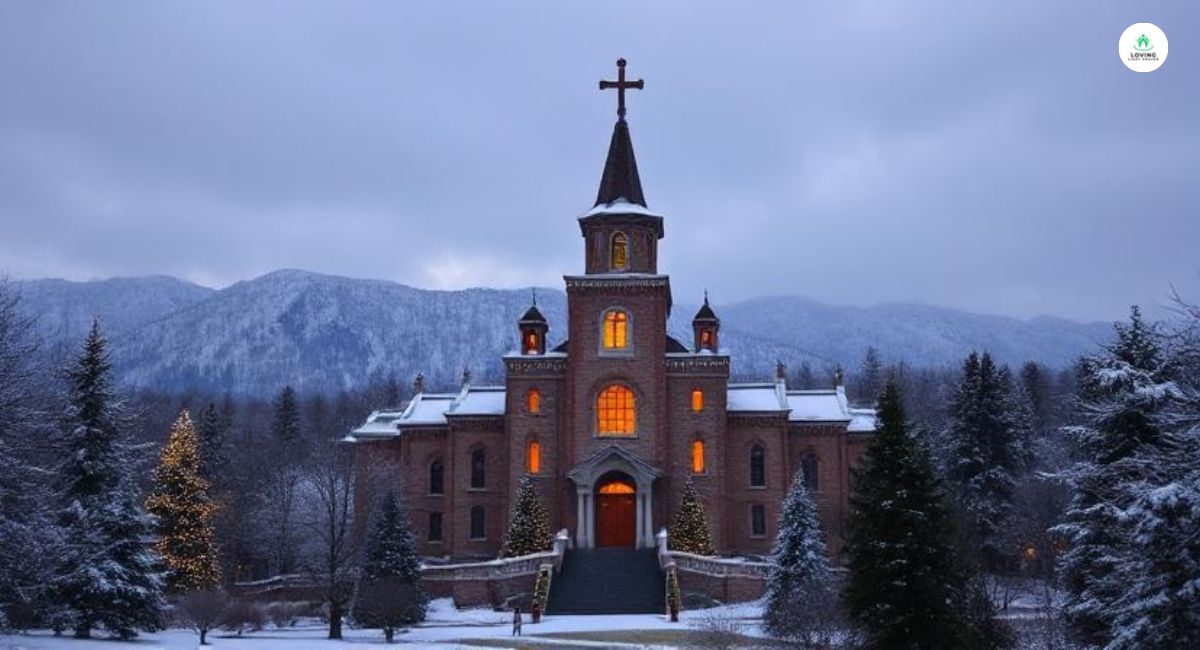Understanding Christian Celebrations
The primary Christian holidays that most denominations celebrate nowadays are:
- Advent
- Ash Wednesday
- Christmas
- Easter
- Good Friday
- Lent
- Thanksgiving
Christianity is rich in traditions, and denominations worldwide celebrate key holy days rooted in the Bible. These holidays fall into two categories: feast days, marking glorious, joyful events like the birth of Jesus Christ (such as Christmas and Easter), and fast days, focused on repentance and self-reflection (like Lent and Ash Wednesday). Among the most observed are Advent (a season of anticipation), Good Friday (a solemn day of remembrance), and Thanksgiving (though more cultural, many churches honor it with gratitude). Each holiday carries deep meaning, shaping faith and community.
The 7 Most Common Christian Religious Holidays
Now here are the 7 most common and widespread Christian holidays in the world:
1.The Meaning Behind Advent
As someone who’s participated in Advent traditions for years, I can tell you this season beautifully bridges the Christian year between December 1st and December 25th. Lasting exactly 4 Sundays before Christmas, it’s one of the most important Christian holidays – though surprisingly, many don’t know the word “Advent” comes from “adventus” (meaning coming in Latin). This special time invites believers to contemplate the first coming of Jesus while preparing to celebrate His birth as our Lord and Savior. In many churches and denominations, you’ll see this observed through the lighting of
candles – starting with the 1st of 5 candles, where the last one lit on Christmas day powerfully represents Jesus as the light of the world.
2.The Solemn Start of Lent
Having attended Ash Wednesday services across different Christian denominations, I’ve always been moved by this first day of Lent – the 40-day period leading to Easter. While many know about giving up ordinary pleasures like not eating meat, fewer realize this tradition isn’t actually mentioned in the Bible. Yet Biblical records show the custom of putting ashes as a sign of penitence, like when Job repents in dust and ashes. In Catholic churches and others, you’ll see priests mark a cross with ash on believers’ foreheads, creating a powerful visual reminder of mortality and repentance.
3.Christmas: More Than Presents
After years of studying Christian traditions, I find Christmas stands unique among profound holidays. While celebrating Jesus Christ’s birth to a virgin in Bethlehem’s stable, it’s gained tremendous social significance in modern culture. Beyond the gifts and presents, it’s a sacred time for spiritual reflection on vital aspects of Christian life and faith. Though Easter is more significant theologically, Christmas remains uniquely important and popular, blending deep theological standpoint with warm cultural traditions.
4.The Heart of Christian Faith
Having studied Christian traditions for years, I’ve come to see Easter as the most crucial and vital Christian holiday, despite some pagan practices that have infiltrated modern celebrations. At its purest form, this sacred day marks when believers celebrate Jesus Christ’s resurrection after being crucified, ultimately defeating death and hell (as promised in Revelation 1:18). While the exact date shifts yearly based on the Gregorian calendar, what truly matters is taking time to reflect on salvation, redemption, and the promised second coming of Jesus we’re all waiting for.
The profound meaning behind Easter becomes clear when we remember how Christ suffered for our sins to bring us to God (1 Peter 3:18), offering everlasting life through faith in Him (John 3:16). This transformative message makes Easter not just another holiday, but the cornerstone of Christian belief.
5.The Profound Meaning of Good Friday
Having observed Good Friday in various churches, I’ve come to understand why this solemn Friday right before Easter Sunday holds such deep significance. It marks the day when our Lord and Savior Jesus Christ was crucified at Golgotha – an event that fills believers with both sorrow and profound gratitude. While mourning is naturally associated with this holiday due to Christ’s sacrificial death, it serves as a precious reminder of our sinful nature and our need to place complete faith and trust in Jesus.
Different denominations observe this day uniquely, with many practicing fasting and not consuming meat as part of their observing traditions. Beyond these practices, Good Friday ultimately calls us to appreciation of Christ’s ultimate sacrifice for our sin – a gift that forever changed humanity’s relationship with God.
6.The Spiritual Journey of Lent
Having participated in Lent observances across different traditions, I’ve seen how this Christian holiday – strongly associated with Catholicism – begins on the 7th Wednesday (Ash Wednesday) prior to Easter Sunday. The 40 days leading up to Easter (excluding Sundays) focus on self-denial, particularly through fasting, mirroring Jesus Christ’s own 40 days in the desert facing temptations. While this practice serves to remind Christians of Christ’s sacrifice, I’ve noticed some churches like Evangelicals abstain from these Lent-related practices, often due to their Catholic roots.
7.Thanksgiving: From Sacred Roots to Modern Tables
While many view Thanksgiving as simply an annual family gathering, its deeper identity as a Christian holiday often gets overlooked in our secular, contemporary celebrations. Having studied its history, I’m always struck by how this event maintains its Christian foundations despite shifting trends in recent times. The thanksgiving tradition was actually born in the 1620s during the English reformation, when Puritans began celebrating special days of feasting (and sometimes fasting) at the end of the fall harvest – a tangible sign of appreciation for how the Lord provides, just as He promised in Matthew 6.
What fascinates me most is how the Evangelical church has reinterpreted this particular celebration in modern times. While keeping the core emphasis on thanking our Heavenly Father, there’s now greater focus on gratitude for both spiritual and physical abundance – recognizing not just what we want, but everything we truly need. This evolution shows how Christian traditions can remain meaningful while adapting to changing times.
The Triumphant Entry: Palm Sunday
While often overshadowed by Easter, Palm Sunday holds special significance as it’s directly related to Lent, marking the last Sunday before Holy Week and kicking off the most sacred time in Christianity. I’ve always been moved by how this day serves as a powerful commemoration of when Christ entered Jerusalem at the end of His earthly ministry. Many churches continue the beautiful tradition of observing this day by spreading palm branches outside their sanctuaries, recreating that historic moment when Jesus was greeted as the King of Kings.
The Gospels reveal this stunning scene: as Jesus came riding a humble donkey, a huge crowd spontaneously proclaimed His eternal glory, spreading palm branches on the ground before Him. This dramatic contrast – a triumphant yet humble entry – perfectly captures the paradox of Christ’s mission that would unfold during Holy Week.
God’s Original Holy Days
Many Christians don’t realize that in Leviticus 23:1-2,
God personally reveals seven specific days – called the feasts of the Lord –
which He designates as holy convocations for all believers to observe.
These include the Feast of unleavened bread, Pentecost, Feast of trumpets, Day of atonement, Feast of tabernacles, and the last great day. What’s fascinating is that the Bible never mentions stopping observance of these holidays –
in fact, the New Testament shows these holy days were still being observed, as seen in Acts 18:21.
As someone who’s studied biblical traditions extensively, I find it remarkable that while we have clear record of the early New Testament church keeping these feasts, there’s no biblical command about observing the modern holidays we’ve come to associate with Christianity, like Easter and Christmas. This contrast between Scripture’s holy days and later church traditions offers much food for thought about how we celebrate our faith today.
Conclusion
The most popular holidays related to Christianity in today’s day and age are:
.Advent
- Ash Wednesday
- Christmas
- Easter
- Good Friday
- Lent
- Thanksgiving
While enjoying the popularity of Christian festivals and events, we must remember many carry pagan roots and ancient polytheistic origins – a serious problem for true Bible-believing Christians. Through years of studying Scripture, I’ve learned we need constant discernment from the Holy Spirit and the Living Word of God (the Bible) to ensure we don’t unknowingly partake in pagan rituals and practices. While appreciating what Jesus accomplished on the cross and giving Him all praise remains essential, genuine believers should avoid dubious customs, traditions, and especially those weird non-Biblical rituals that contradict our faith’s foundations.
Meta Description
Explore major Christian holidays – Easter, Christmas, Lent & more. Biblical origins, traditions & celebrations of faith through the year.”
FAQs
What is the most important holiday for Christians?
Easter – Celebrates Jesus’ resurrection (1 Corinthians 15:14). More theologically significant than Christmas.
What is the 8 day religious holiday?
Hanukkah (though Jewish, mentioned in John 10:22) or Octave of Easter (8-day celebration from Easter Sunday to Divine Mercy Sunday in Catholicism).
What holidays can Christians not celebrate?
Pagan-origin celebrations (e.g. Halloween’s historical ties to Samhain)
- Occult-associated festivals
- Holidays conflicting with personal convictions (Romans 14:5-6)
What is Jesus’ favorite holiday?
Scripture doesn’t specify, but Passover was observed by Jesus (Luke 22:15) and became the foundation for Communion.
What are God’s favorite colors?
The Bible highlights:
- Blue (Exodus 24:10 – sapphire pavement)
- Purple (Mark 15:17 – royal robe)
- White (Revelation 1:14 – purity)
Red (Isaiah 1:18 – sacrificial symbolism


1 thought on “The 7 Most Common Christian Holidays”